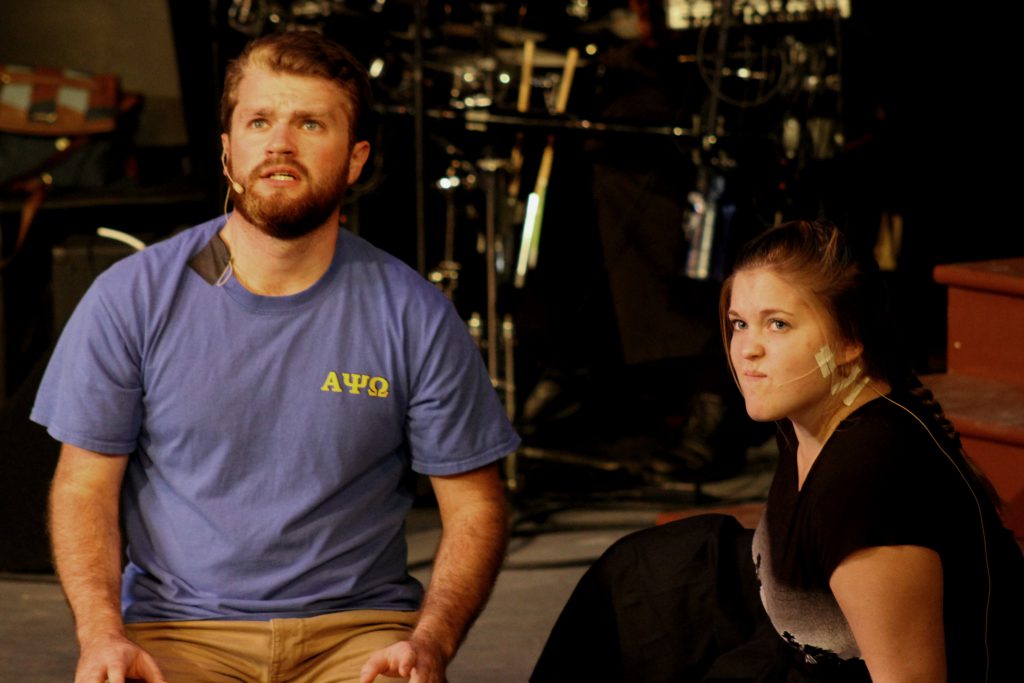The COVID-19 pandemic has presented this year with a variety of new challenges that we, as a Marlin community, have been forced to navigate. Students who have been exposed to COVID-19 have had to put others before themselves and quarantine for multiple weeks in order to protect the greater population.
Whenever a student finds out that he or she has been exposed to COVID-19, they are required to alert the school as soon as possible. Students are also prompted to fill out the Daily Health Screening on the Livesafe app daily, so they can alert the school through the app as well.
Upon finding out, the school either puts the student in a designated quarantine area on campus or makes the student remain quarantined in their own living situation, whether that be an off-campus house, dorm, apartment or townhouse.
The school sends emails to the students with updates during their quarantine. Students might also receive the occasional phone call from student health services to check in with the student’s health and to ensure that all necessary protocols were being followed.
The process of quarantine is difficult both for the individual who has to quarantine and for those who come in contact with or interact with that person on a daily basis (friends, professors, family members, etc). Contact tracing procedures are put in place at the university so that individuals can be alerted when they have come into contact with those infected with COVID-19.
Students are no longer allowed to go out or visit with their friends. All interactions are restricted to a solely digital level, and it’s very easy for people to feel disconnected from society.
While in quarantine, students are expected to keep up with their studies. Lectures that are usually in person suddenly had to be conducted over a Google Meet or a Zoom call. Assignments and tests all have to be turned in virtually.
Other than academics though, there was not a whole lot going on in the lives of these unlucky individuals. Zachary Lubick, a Virginia Wesleyan senior and baseball player, talked about his experience in quarantine, saying that “daily life was pretty repetitive, and it got extremely boring.”
Meals were delivered to his apartment on a daily basis in order to ensure that food was being consumed and to go along with the protocol of quarantine. Lubick was even provided with some resistance bands to work out with in the luxury of his own apartment.
Overall, he believes the school handled the whole quarantine process decently well. His basic necessities were taken care of, and the best of efforts were made to make the students as comfortable as possible. However, this does not mean that he is recommending that students actively try and get quarantined. His advice to the rest of campus is to “try not to get exposed to COVID because quarantine is really boring.”
The average length of quarantine was about 14 days, and after the time period ran up, students were free to return to their daily lives. Thanks to the community’s vigilant efforts, the number of students who have had to quarantine has gone down significantly.
By Phoebe Cox
pecox@vwu.edu

